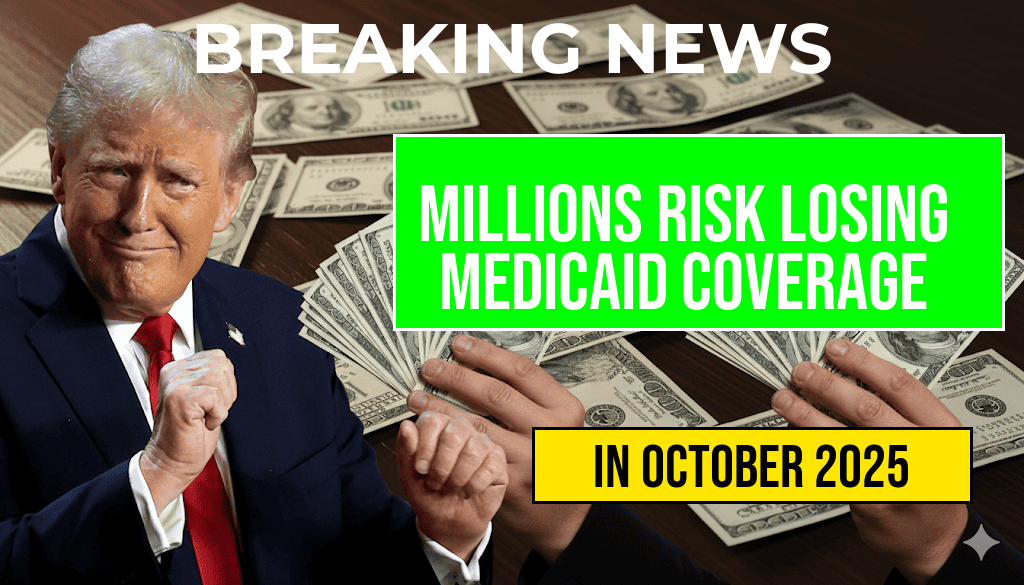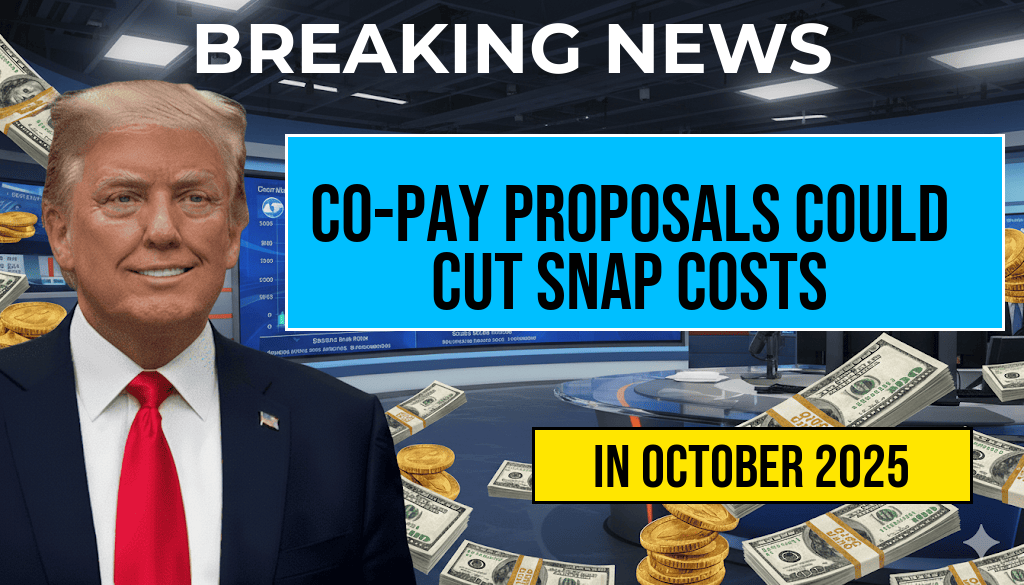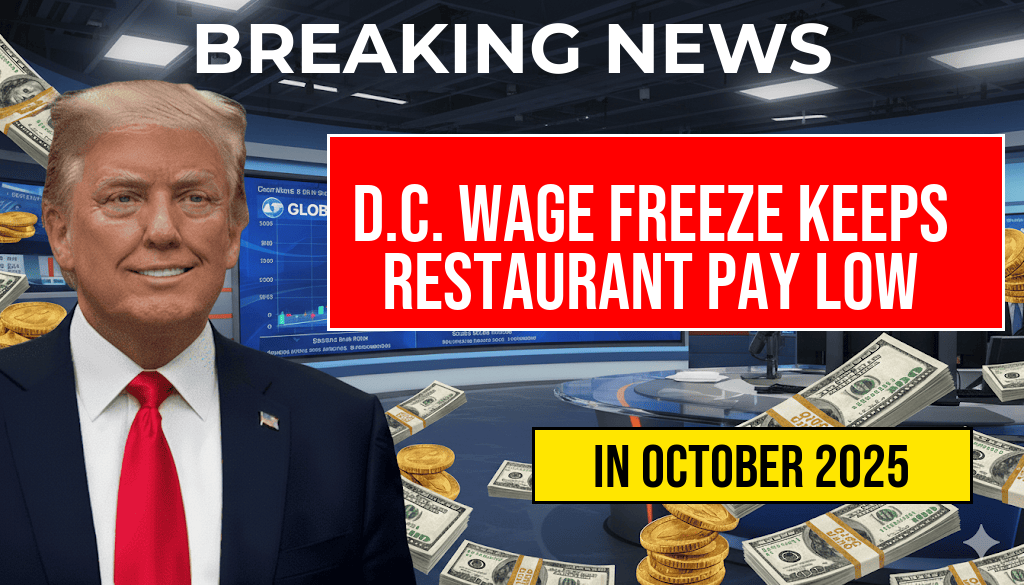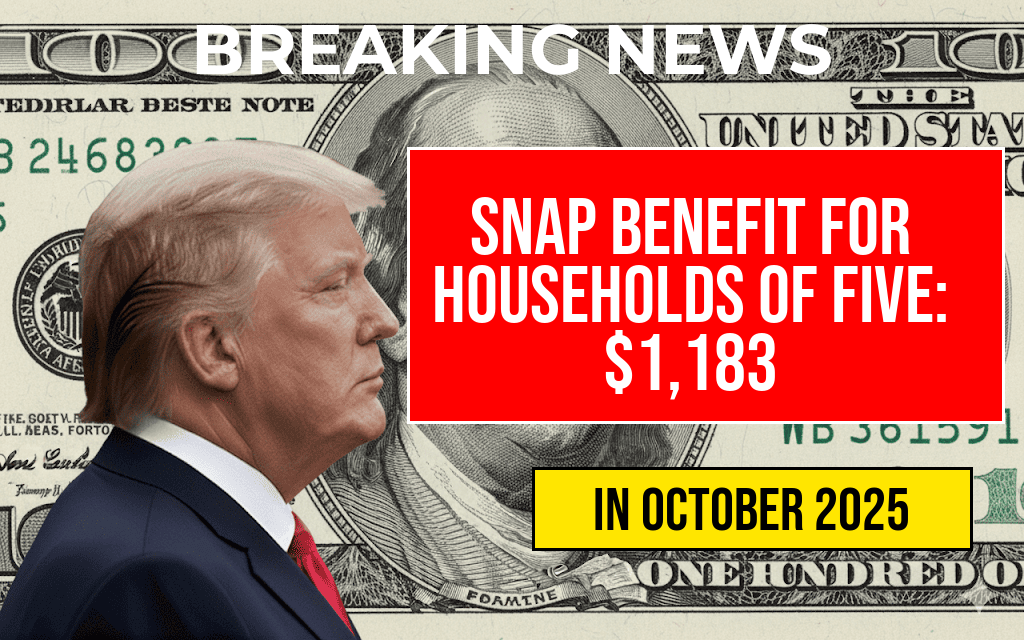As the U.S. healthcare system faces mounting pressures, the Congressional Budget Office (CBO) has issued a stark warning regarding the potential loss of Medicaid coverage for millions of Americans. The recent analysis indicates that a $1,000 emergency room bill could serve as a tipping point for many low-income families. With the expiration of certain pandemic-era protections, the risk of disenrollment from Medicaid is increasingly likely, leaving vulnerable populations without essential healthcare services. The report emphasizes that this significant change could exacerbate existing health disparities and push families deeper into financial instability. Policymakers and healthcare advocates are calling for immediate action to address the looming crisis and protect those most at risk.
Understanding the CBO’s Analysis
The CBO’s report highlights several critical factors influencing Medicaid coverage. As states begin to roll back emergency measures, many beneficiaries may find themselves without coverage, especially those who rely heavily on emergency services. The report details how sudden healthcare costs can impact low-income families disproportionately, stressing the need for systemic changes to safeguard Medicaid.
Key Findings from the CBO Report
- Increased Risk of Disenrollment: The analysis predicts that millions may lose their Medicaid coverage as states resume normal eligibility checks.
- Financial Burden: A $1,000 emergency room bill could be unmanageable for families living paycheck to paycheck, forcing them to make difficult choices between health and financial stability.
- Healthcare Access Challenges: The potential loss of coverage could lead to increased emergency room visits, further straining an already overburdened healthcare system.
The Implications for Low-Income Families
For many low-income families, Medicaid is a lifeline that provides access to essential health services. Losing this coverage could have dire consequences, including untreated medical conditions and increased reliance on emergency care. The CBO’s projections suggest that the impact will not just be felt by individuals and families but could also place additional strain on healthcare systems already facing significant challenges.
Statistics on Medicaid Enrollment
| Year | Number of Enrollees (in millions) | Percentage of Total U.S. Population |
|---|---|---|
| 2020 | 79 | 23% |
| 2021 | 82 | 24% |
| 2022 | 84 | 25% |
Policy Responses and Recommendations
In light of the CBO’s findings, healthcare advocates are urging policymakers to consider emergency measures to prevent mass disenrollment from Medicaid. Suggestions include extending the pandemic-era protections, enhancing outreach programs to educate beneficiaries about their options, and increasing funding for community health centers that serve uninsured populations. These steps could help mitigate the adverse effects of sudden coverage loss and ensure that vulnerable communities maintain access to necessary healthcare services.
What Can Individuals Do?
Individuals who are concerned about their Medicaid coverage should take proactive steps to understand their eligibility and available options. Here are some recommendations:
- Review Your Coverage: Check your Medicaid status and understand any changes that may apply.
- Contact Local Health Departments: Reach out to local health officials for guidance on maintaining coverage.
- Stay Informed: Follow updates from organizations like the Centers for Medicare & Medicaid Services for the latest information.
The Path Forward
The CBO’s alarming report serves as a crucial reminder of the ongoing challenges within the U.S. healthcare system. As millions face the prospect of losing Medicaid coverage, it is imperative for both government and community organizations to act swiftly. Ensuring access to affordable healthcare must remain a priority, particularly for those who are most vulnerable. Only through comprehensive policy changes and community engagement can the United States hope to avert a potential healthcare crisis that threatens the well-being of its citizens.
For additional insights and to stay updated on healthcare policies, you can visit Forbes and Wikipedia.
Frequently Asked Questions
What is the main concern regarding Medicaid coverage as highlighted by the CBO?
The CBO has raised alarms about millions potentially losing Medicaid coverage, especially in light of rising healthcare costs, including the impact of a $1,000 ER bill that could deter individuals from seeking necessary medical care.
Why could a $1,000 ER bill lead to loss of Medicaid coverage?
A $1,000 ER bill could result in individuals foregoing emergency medical treatment due to financial strain, which may lead to worsening health conditions and ultimately disqualification from Medicaid if they cannot meet eligibility requirements.
Who is most at risk of losing Medicaid coverage?
The individuals most at risk of losing Medicaid coverage include low-income families and those who depend on government assistance for healthcare, particularly those facing unexpected medical expenses like a $1,000 ER bill.
What steps can individuals take to protect their Medicaid coverage?
Individuals should stay informed about their Medicaid eligibility requirements, maintain communication with their state health agency, and explore options for emergency assistance to avoid the financial burden of high medical bills.
How can policymakers address the issues raised by the CBO?
Policymakers can consider implementing measures to make healthcare more affordable, such as capping emergency room costs and increasing funding for Medicaid, to ensure that vulnerable populations do not lose coverage due to unexpected medical expenses.






